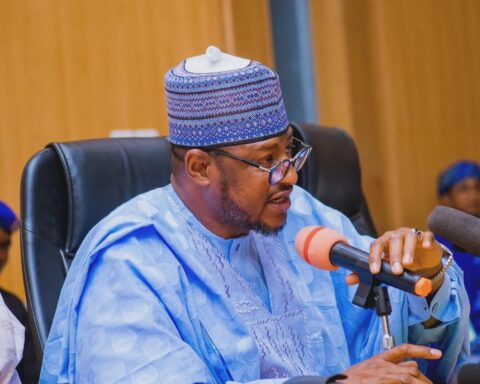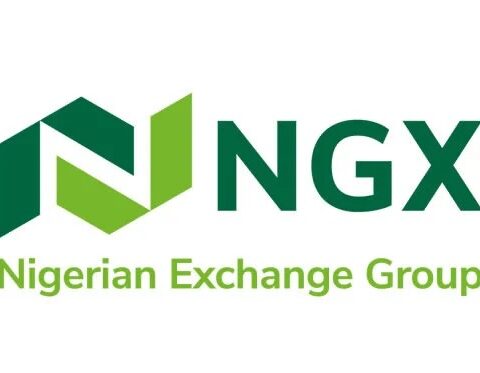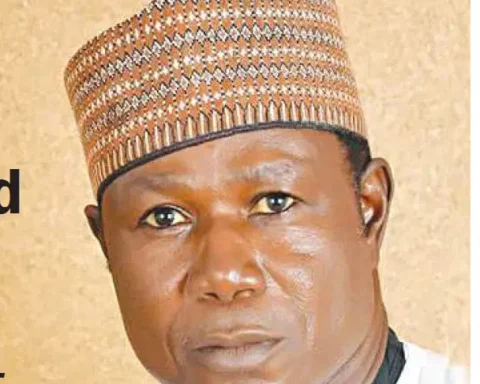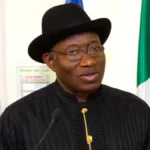Frowns at Nigeria’s whopping 7, 349 cases of sexual violence over a two-year period
A coalition of women groups in Nasarawa State has called for an increased gender-responsive budgetary allocation to address issues of Sexual and Gender-Based Violence (SGBV) against women and girls in the state.
The coalition, which comprises members of the National Working Group on the implementation of the Violence Against Persons Prohibition (VAPP) law, is anchored by the Women Advocates Research and Documentation Centre (WARDC), with support from the African Women Development Fund (AWDF).
Dorcas Iorkusa, Executive Director of the Gender and Community Empowerment Initiative (GECOME), leader of the groups, who made the call at a press conference yesterday – Wednesday, December 18 – in Lafia, the Nasarawa State capital, spoke through Mrs Veronica Ogbole, the Nasarawa State Chairperson of the League of Women Voters of Nigeria.
According to her, it had become imperative for the government to regularly give adequate attention to the challenges facing women and girls.
Accordingly, she urged the Nasarawa State House of Assembly to prioritise the interest of women and girls in the 2025 appropriation bill currently before the legislature.
“If the budget is increased, we can enhance protective services, ensuring that survivors of gender-based violence have access to justice, legal support, and safe spaces,” she said.
Iorkusa maintained that SGBV undermines both the social and economic development of an individual and negatively affects the individual’s capacity to realise her or his rights and potential.
She said: “Gender-responsive budgeting is a process that entails incorporating a gender perspective at various stages – planning policy, programme formulation, assessment of needs of target groups, and allocation of resources.
‘It’s also reflected in implementation, impact assessment, and prioritisation of resources.
“A gender-responsive budgeting framework determines the human, financial, material, and technical resources needed for policy implementation.
“It is designed to justify resource mobilisation and to leverage financial and technical resources from multiple stakeholders.”
The executive director noted that Nigeria had demonstrated commitment to addressing SGBV with the passage of the Violence Against Persons (Prohibition) Act in 2015.
“The passage of the VAPP Act was monumental in providing the first comprehensive legislative framework for the prevention of all forms of violence against vulnerable persons, especially women and girls,” she said.
She, however, lamented that poor implementation mechanisms, lack of coordination, poor enforcement capacity and limited resources, among other factors, had undermined the efficacy of the VAPP law as an instrument for addressing SGBV.
The News Agency of Nigeria quoted Iorkusa as lamenting that, according to available data, a whopping 7, 349 cases of SGBV were recorded in Nigeria between Jan. 2020 and July 2022.
“We stand at a critical juncture in our commitment to protect and empower the women and girls of Nasarawa State. This is a fundamental step in upholding human rights in our community.
“WARDC and AWDF, therefore, call on the Nasarawa State government and all stakeholders to join the struggle against SGBV, and advocate for increased gender responsive budgets to end violence against women and girls in the state,” Iorkusa said.



























